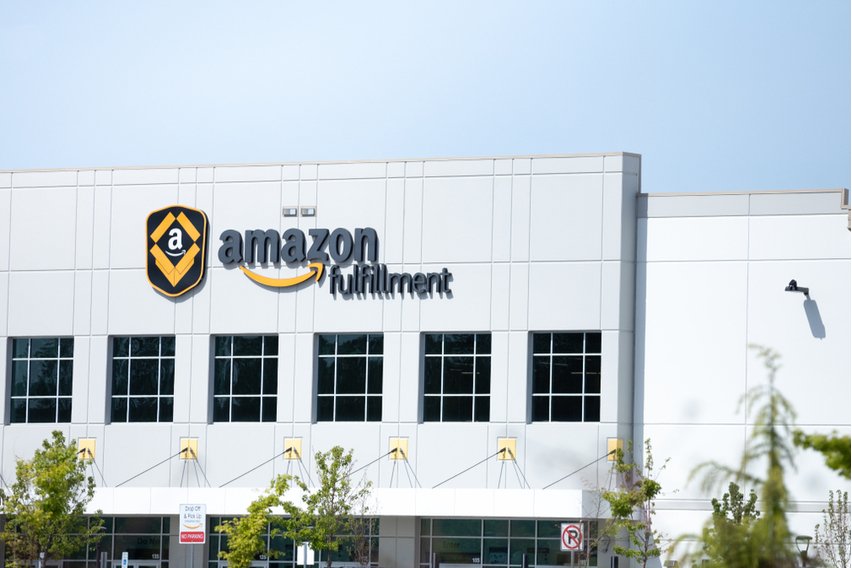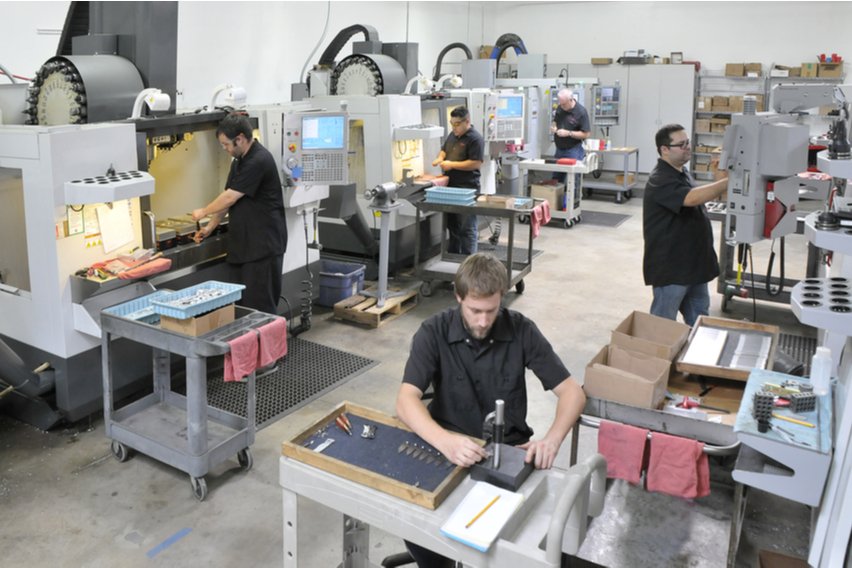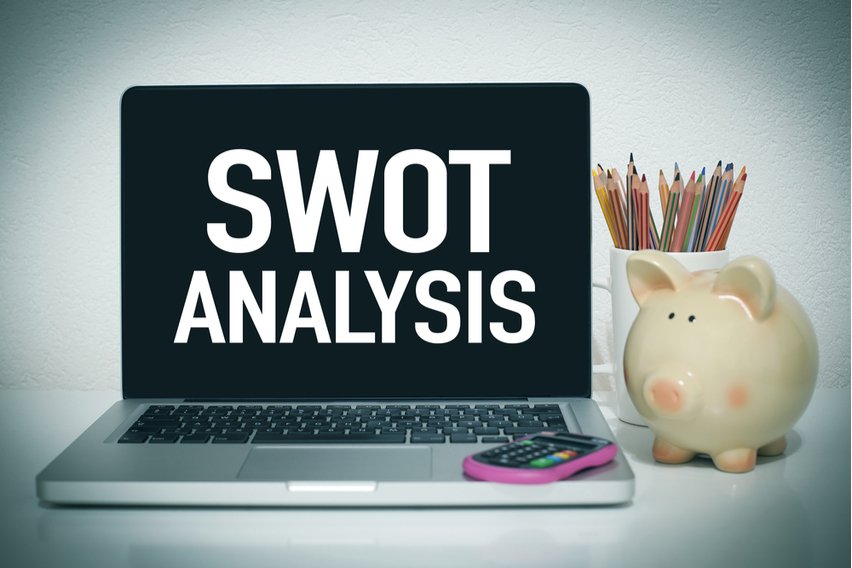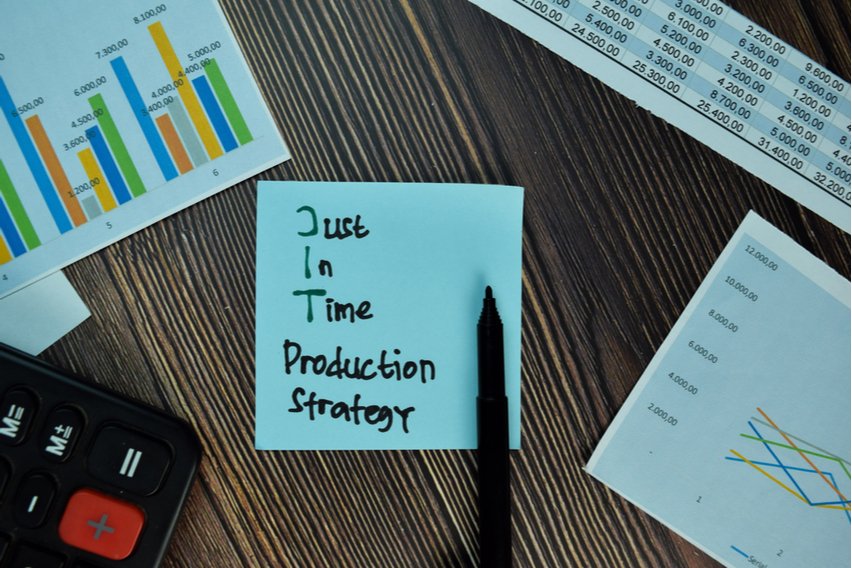Wholesale vs Retail: What’s the Difference?

There are, broadly speaking, two business types to choose from: wholesale and retail. While both business types can be profitable in the long term, they each have distinct advantages and requirements.
New business owners starting their journeys often have difficulty picking between both models. Let’s take a close look at wholesale vs retail and explore their differences in detail.
Here’s What We’ll Cover:
What Is a Wholesaling Business?
The Difference Between Wholesale and Retail
Benefits of Wholesale Businesses
What Is a Wholesaling Business?
“Wholesaling” involves selling products directly to outlets or retailers, usually in bulk. Instead of selling products to an end-user, a wholesaler sells their goods to other vendors. A wholesale business that creates branded apparel could sell that apparel to the department store JCPenny. JCPenney then sells the branded apparel to customers.
Because of their business-to-business (B2B) focus, wholesalers typically sell their products in bulk. They often sell their products at a cheaper per product rate than end users pay for the same product. In fact, the wholesale price is why many retailers buy from them.
Wholesalers are often the manufacturers or producers of their sold goods. But this is not always the case.

What Is a Retail Business?
Retail stores are the opposite of wholesalers. They sell their products directly to consumers or end-users.
For example, a car manufacturer like Jeep doesn’t usually have its own dealerships. Instead, Jeep manufactures vehicles and sells them to retailers that have dealerships in major cities. The dealerships are retailers because they sell vehicles directly to consumers.
Because of this difference, retailers sell products for higher prices than they purchased them for from a wholesaler. The markup allows retailers to make a profit. They don’t usually create the products they sell, though there are exceptions.
Both wholesale and retail businesses can run online stores.
The Difference Between Wholesale and Retail
The difference between wholesale and retail can be boiled down to this:
- Wholesalers sell a larger quantity of products to other businesses
- Retailers sell products to end-users/consumers
In other words, wholesalers sell products to people who plan to sell them again. Retailers sell products to people who plan to use or consume them.
Both business models can be profitable depending on your goals. But it’s important to know which business model you want to follow as you develop your business early. Changing tracks can be costly or difficult later down the road.
Is Wholesale Better or Retail?
Neither. It depends on what kind of business you want to run. But wholesalers and retailers run business models with several key differences. These include production capabilities, storage space, marketing, and more.
Benefits of Wholesale Businesses
Boosted Brand Awareness
It’s much easier to improve brand awareness or the public perception of your company as a wholesaler. That’s because your products can reach a greater number of retailers by producing them in bulk. They then get sent to different retail outlets.
This can be excellent for certain businesses in industries like apparel, software, and more.
Drop-Shipping Capabilities
Wholesale businesses are also able to practice the drop-shipping method of business. Retailers sell your product to consumers. As a wholesaler, you simply send the product to the consumer when you get the order.
The retailer gives you a cut of the profits from the transaction and doesn’t have to pay shipping costs. Retail and wholesale businesses work together using this business model.
Easier Expansion
Wholesaling businesses can expand more easily into global markets. They don’t have to worry about setting up brick-and-mortar shops. Their bulk quantities of product can spread around the world easier as well. Some consider wholesale businesses to be lower risk because of this.

Retail Business Advantages
Specific Consumer Targeting
Retailers, on the other hand, benefit from more specific consumer targeting tools. They control more directly who buys the products they sell, which can sometimes lead to greater profits. They can also create more specific marketing campaigns and save money on their marketing budgets as a result.
Greater Control Over Brand Image
Wholesalers can spread their brand quickly to a wide audience. But, retailers have greater control over their brand image. It’s easier to create and grow a specific brand identity as a retailer than it is as a wholesaler. This is in part because of the personal connection retailers have with their customers. They handle face-to-face transactions, so people are more exposed to their brand on an emotional level.
Fine Control Over Profit Margin
Lastly, retailers have more control over their profit margins as well. They can set the final or retail price for their limited products and have a more direct impact on how much money they make as a result.
Key Takeaways
Overall, you can run both wholesale and retail businesses successfully. As a business owner, you have to decide which business model you want to follow by considering:
- Who you want to sell to
- How important global expansion is
- Who you want to market to
- How quickly you can make your product, and how much
Answer these questions and you can determine which business model is best for your goals. Good luck!
Find more helpful resources for your small business on our resource guide.
RELATED ARTICLES

 What Is FBA (Fulfillment by Amazon) & How It Works
What Is FBA (Fulfillment by Amazon) & How It Works What Are Intermediate Goods? An Extensive Guide & Examples
What Are Intermediate Goods? An Extensive Guide & Examples Industry Analysis: Why It’s Important & How to Analyze an Industry
Industry Analysis: Why It’s Important & How to Analyze an Industry What Is the Ladder of Inference?
What Is the Ladder of Inference? What Is FTE? How to Calculate Full-Time Equivalent
What Is FTE? How to Calculate Full-Time Equivalent JIT: What Is Just in Time Inventory Management System?
JIT: What Is Just in Time Inventory Management System?